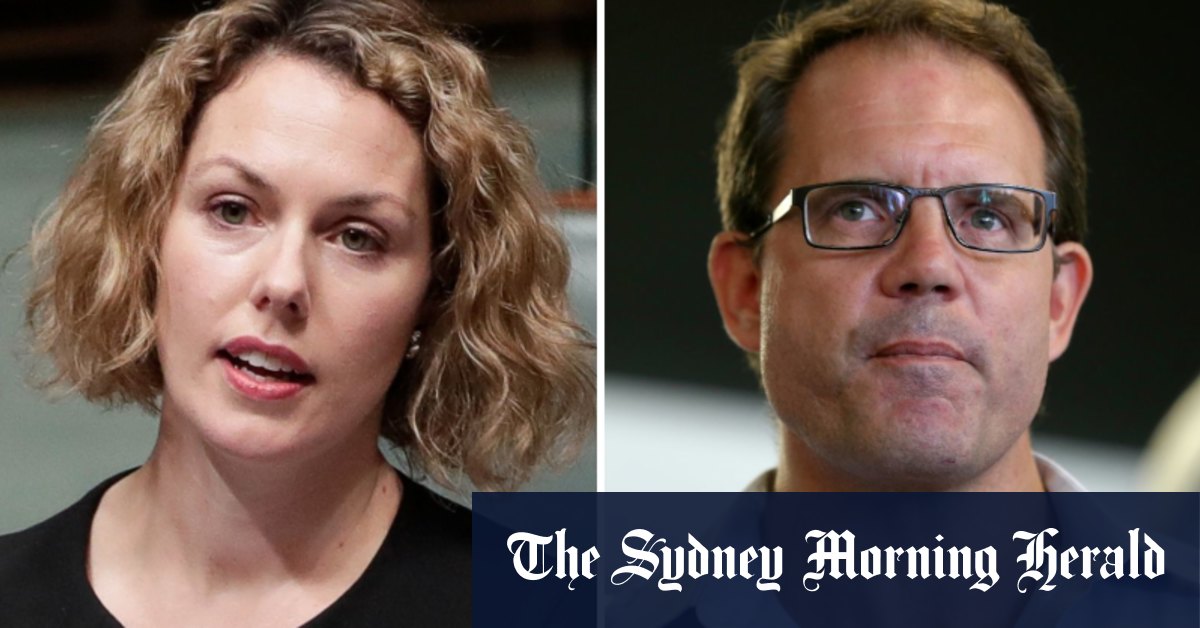In recent years, the federal ban has seen the ACT and NT become outliers as states legalized voluntary assisted dying, with NSW the last to do so in May this year. The most recent vote to overturn the ban, in 2018, was narrowly defeated 36 votes to 34. But the composition of the parliament has significantly changed since then.
Payne said she was “optimistic” the different dynamics of the Senate meant it would pass this time.
Coalition NT Senator Jacinta Price is the only federal representative from either territory to indicate she might not support the bill, saying she did not trust the NT Labor government to consult with Indigenous communities when it came to legislating voluntary assisted dying laws.
“I haven’t fully formed my decision,” Price said. “My concern around assisted dying, which would be a decision for the Territory to make obviously, is the way the current [NT] Labor government have conducted themselves. I see them continuing to fail in terms of trying to support the lives of vulnerable Indigenous Australians.”
In Labor’s ranks, opposition is most likely to come from members aligned to the conservative Shop, Distributive and Allied Employees Association.
Leader of the “shoppies” grouping, Trade Minister Don Farrell and his allies Deborah O’Neill and Helen Polley voted against the repeal attempt in 2018, as did Senator Pat Dodson.
loading
Farrell declined to comment. O’Neill said she would consider the legislation “on its merits” but she stood by her position articulated in the 2018 debate that “assisted suicide cannot … be safely legislated”. Polley and Dodson could not be reached for comment.
The recent federal election has seen the Senate become more progressive.
The Greens’ ranks have swelled to 12 members, from nine, all of whom are expected to back the bill. It will also have the support of independent ACT senator David Pocock – who campaigned on territory rights and defeated Liberal Zed Seselja, a staunch opponent of voluntary euthanasia. On the Coalition side, senior Liberals Simon Birmingham and Marise Payne backed the challenge of the bill in 2018, and are expected to be joined by colleague Andrew Bragg if they adopt the same position this time.
Independent Tasmanian senator Jacqui Lambie, who was not in the Senate for the 2018 vote, has signaled she will back the bill, as has her newly elected colleague Tammy Tyrrell.
Cut through the noise of federal politics with news, views and expert analysis from Jacqueline Maley. Subscribers can sign up to our weekly Inside Politics newsletter here.
